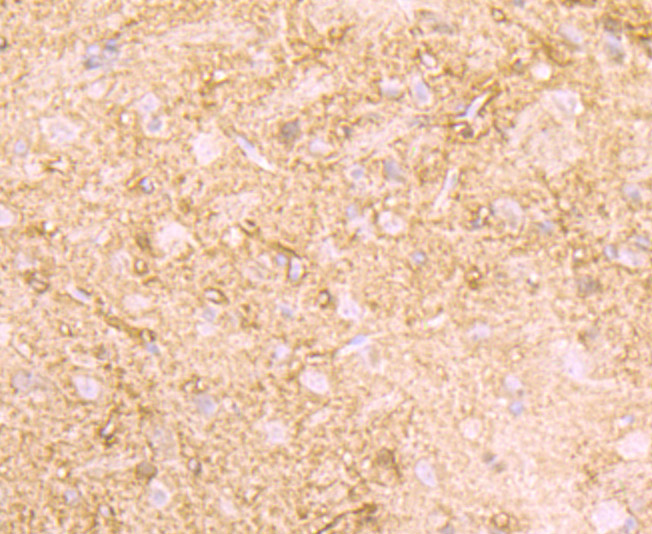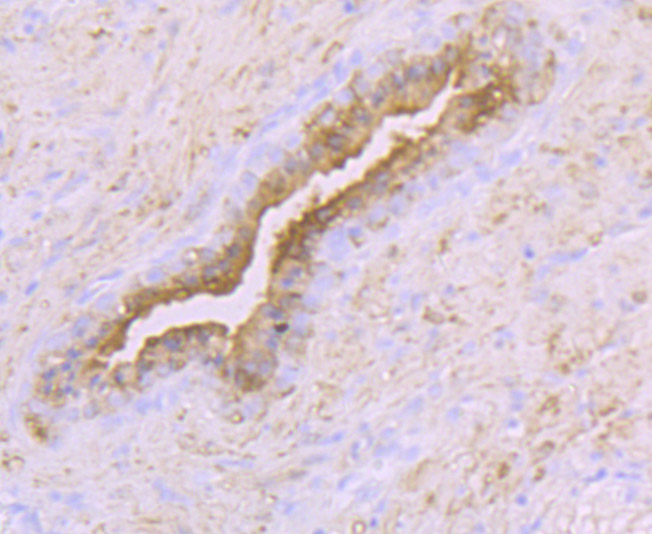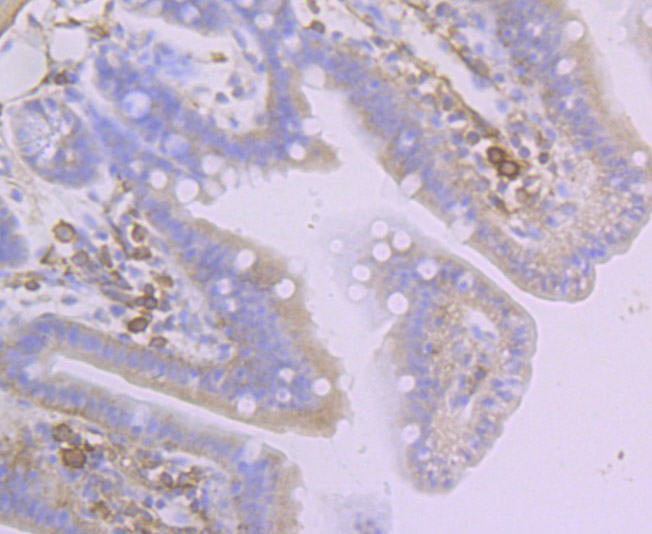Creatine kinases (CKs) are a large family of isoenzymes that regulate levels of ATP in subcellular compartments, where they provide ATP at sites of fluctuating energy demand by the transfer of phosphates between creatine and adenine nucleotides. Creatine kinases provide the energy of phosphate hydrolysis necessary to drive the normal function of many cellular systems including muscle, electrocytes, retina photoreceptor cells, brain cells, kidney, salt glands, myometrium, placenta, pancreas, thymus, thyroid, intestinal epithelial cells, endothelial cells, cartilage and bone cells, macrophages, blood platelets, and tumor and cancer cells. Human cytoplasmic creatine kinase-B, also designated CK-B and BCK, is a 381 amino acid, brain tissue specific isoform of creatine kinase. Human cytoplasmic creatine kinase-muscle (CK-M, MCK) is a muscle tissue-specific isoform of creatine kinase. Human cytoplasmic creatine kinase-Mi (Mi-CK, MtCK) is a 416 amino acid mitochondrial-specific isoform of creatine kinase. Cytosolic creatine kinases are important in the energetic regulation of Ca2+-pumps and in the maintenance of Ca2+-homeostasis.







